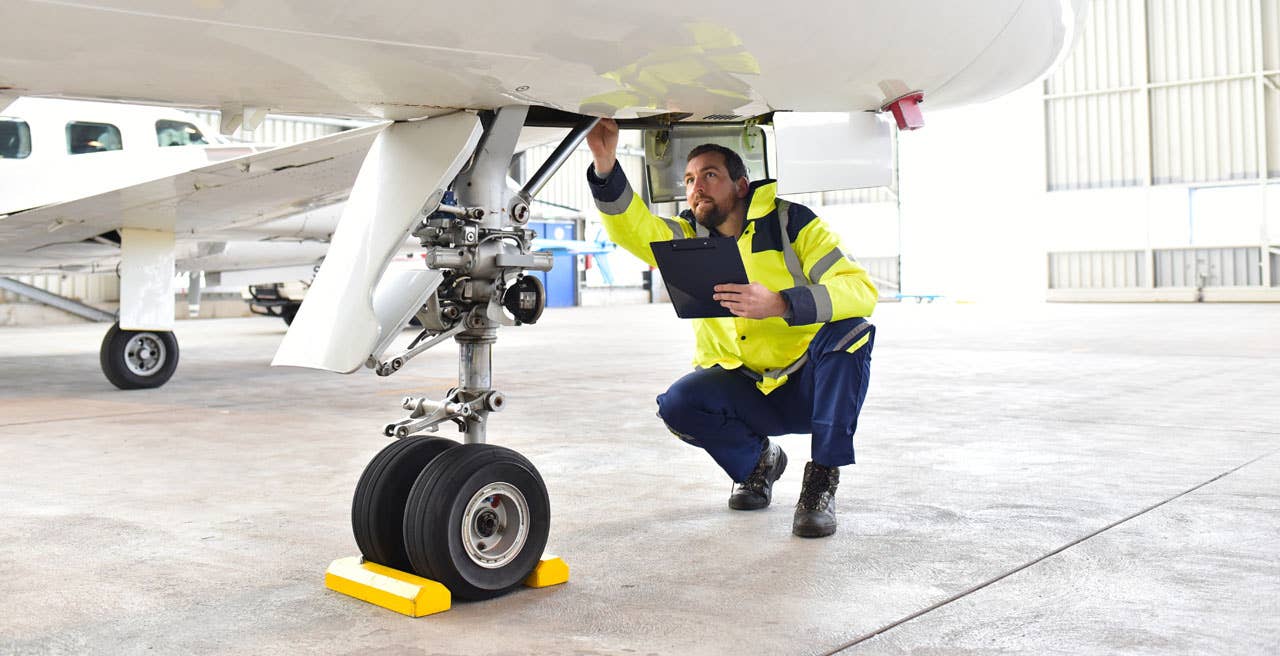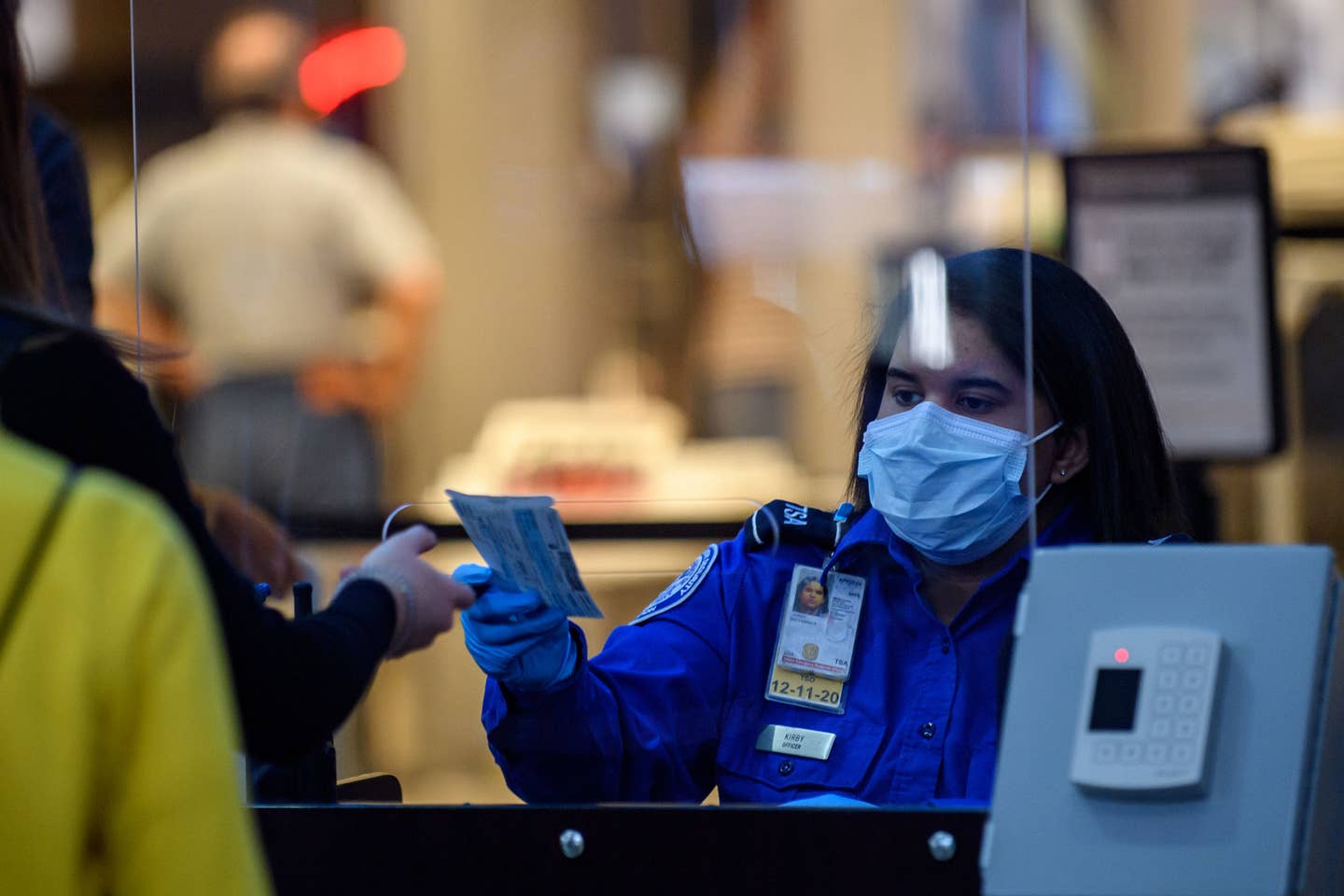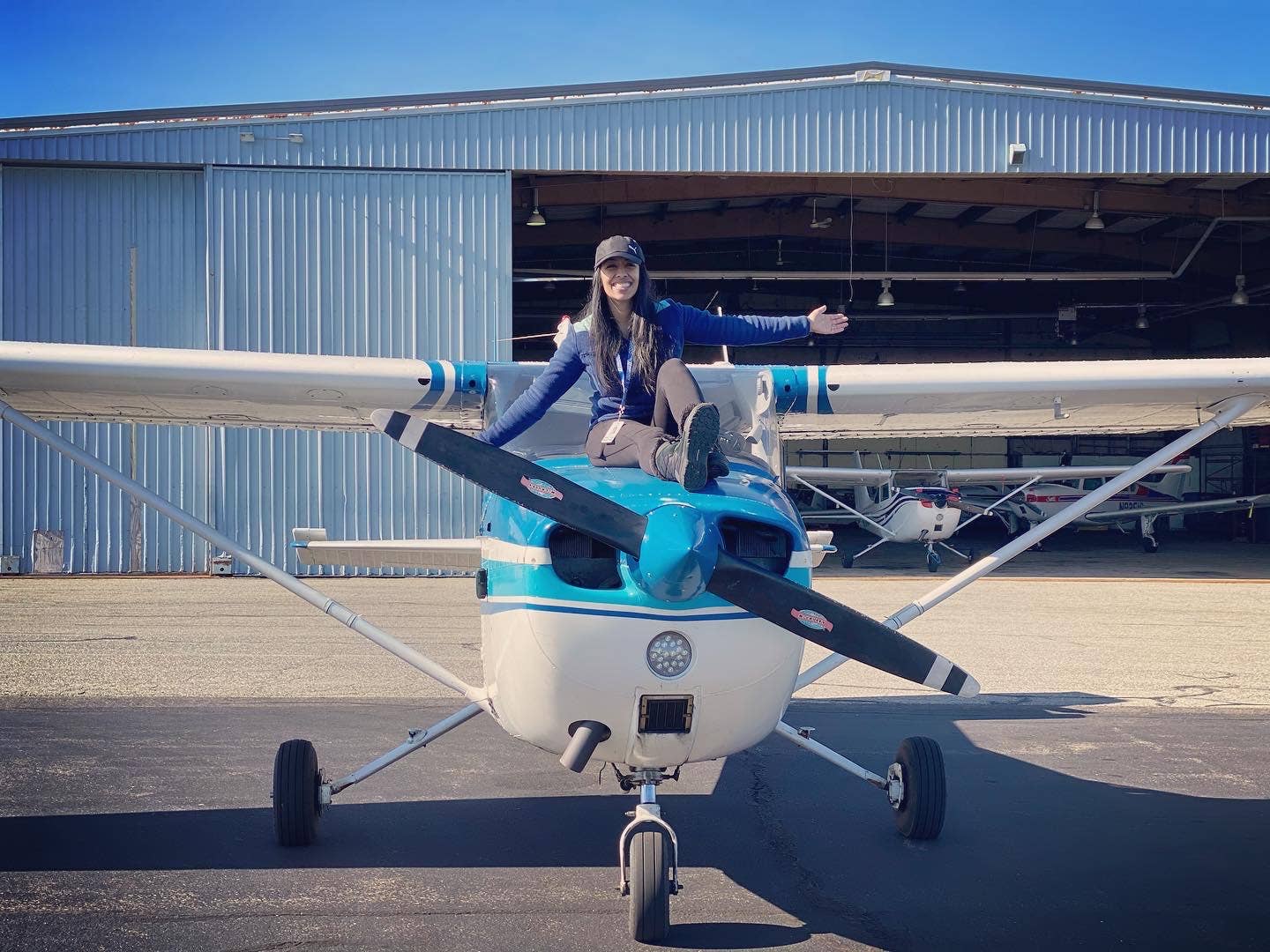Aviation Going Green, Blakey Says
Civil aviation is doing its bit to reduce fuel consumption and help the environment, according to FAA Administrator Marion Blakey. In a speech to a meeting on energy security, Blakey said she welcomes the Air Forces commitment to run half its fleet on so-called synthetic fuels by 2015. Synthetic fuels are liquid fuels produced from coal or natural gas, both of which are plentiful in the U.S. compared with oil reserves. Blakey said civil aviation is also looking at synthetic fuels, but she indicated that the biggest reduction in fuel consumption will come from more efficient engines and aircraft and more direct routing through use of satellite navigation. Were taking a comprehensive look – with DoD as a partner – at a transformational move to a network centric, satellite-based endeavor called the Next Generation Air Transportation System, she said.
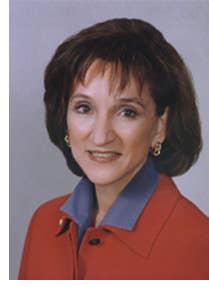
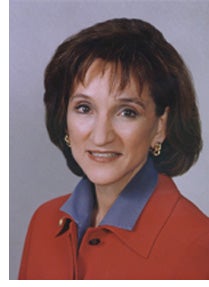 Civil aviation is doing its bit to reduce fuel consumption and help the environment, according to FAA Administrator Marion Blakey. In a speech to a meeting on energy security, Blakey said she welcomes the Air Forces commitment to run half its fleet on so-called synthetic fuels by 2015. Synthetic fuels are liquid fuels produced from coal or natural gas, both of which are plentiful in the U.S. compared with oil reserves. Blakey said civil aviation is also looking at synthetic fuels, but she indicated that the biggest reduction in fuel consumption will come from more efficient engines and aircraft and more direct routing through use of satellite navigation. Were taking a comprehensive look - with DoD as a partner - at a transformational move to a network centric, satellite-based endeavor called the Next Generation Air Transportation System, she said. Blakey said the FAA has already implemented 128 Area Navigation (RNAV) procedures at 38 airports, which allow aircraft more direct routing. The agency is also experimenting with a replacement for the traditional step-down descent profile called Continuous Descent Approach. Its just like it sounds and so far its saving UPS about $250,000 worth of fuel each year on a dozen flights it operates from Louisville to the West Coast. Not only that, the long glide results in fewer emissions and significantly less noise.
Civil aviation is doing its bit to reduce fuel consumption and help the environment, according to FAA Administrator Marion Blakey. In a speech to a meeting on energy security, Blakey said she welcomes the Air Forces commitment to run half its fleet on so-called synthetic fuels by 2015. Synthetic fuels are liquid fuels produced from coal or natural gas, both of which are plentiful in the U.S. compared with oil reserves. Blakey said civil aviation is also looking at synthetic fuels, but she indicated that the biggest reduction in fuel consumption will come from more efficient engines and aircraft and more direct routing through use of satellite navigation. Were taking a comprehensive look - with DoD as a partner - at a transformational move to a network centric, satellite-based endeavor called the Next Generation Air Transportation System, she said. Blakey said the FAA has already implemented 128 Area Navigation (RNAV) procedures at 38 airports, which allow aircraft more direct routing. The agency is also experimenting with a replacement for the traditional step-down descent profile called Continuous Descent Approach. Its just like it sounds and so far its saving UPS about $250,000 worth of fuel each year on a dozen flights it operates from Louisville to the West Coast. Not only that, the long glide results in fewer emissions and significantly less noise.


